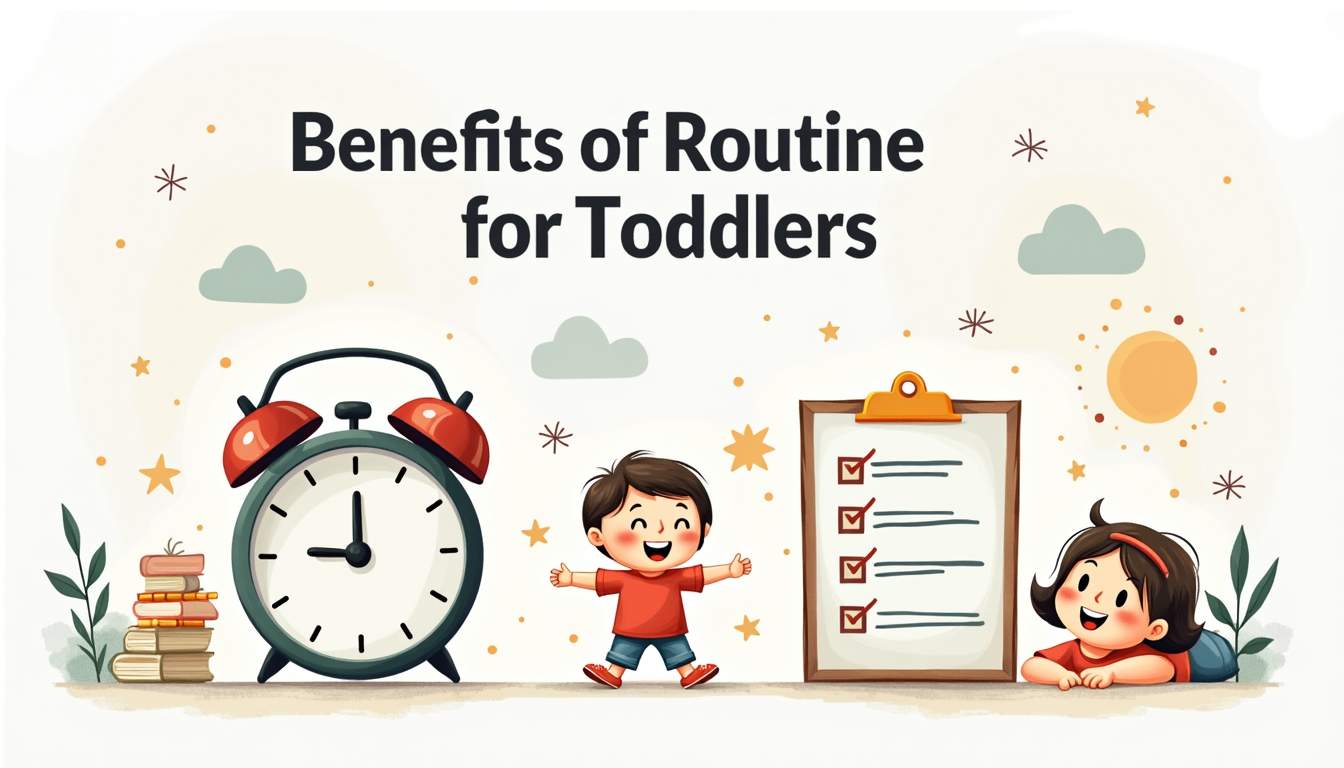Understanding the milestones of infant development can be both fascinating and daunting for new parents. One of the most delightful moments is when a baby recognizes their own name. This milestone not only signifies cognitive growth but also reflects the bond between the child and their caregivers. But when exactly does this recognition occur? Let’s explore the timeline, the signs, and the importance of this developmental stage.
The Timeline of Name Recognition
Babies begin to absorb the world around them from the moment they are born. Their brains are like sponges, soaking up sounds, sights, and experiences. Name recognition is part of this early learning process, and it typically unfolds in stages.

Early Months: The Foundations
In the first few months of life, babies are primarily focused on sensory experiences. They respond to voices and sounds, but they do not yet understand the concept of a name. However, they can recognize their caregivers’ voices and may turn their heads toward familiar sounds.
During this period, parents often talk to their babies frequently, using their names in a rhythmic and melodic manner. This helps lay the groundwork for later recognition. Although the baby may not respond to their name, they are absorbing the sound and the emotional tone associated with it.
Around Six Months: The First Signs
By around six months, many babies begin to show signs of recognizing their own name. They may turn their heads or look towards the person calling them, especially if the tone is inviting or cheerful. This is a significant milestone, as it indicates that the baby is beginning to connect sounds with meanings.
At this stage, babies are also developing their social skills. They may respond to their name with smiles or coos, showcasing their growing awareness of their identity. However, it’s important to note that responses can vary widely among infants, and some may take a little longer to show recognition.
By One Year: Clear Recognition
Most babies will clearly recognize their name by the time they reach their first birthday. They may respond consistently to their name being called, turning to look at the person speaking or even reaching out for them. This recognition is often accompanied by other social behaviors, such as waving or clapping.
At this point, the baby not only recognizes their name but also understands that it refers to them. This understanding is a crucial part of developing their self-identity and social skills. Parents can encourage this recognition by consistently using the baby’s name in various contexts, reinforcing the connection between the sound and the individual.
Factors Influencing Name Recognition
While there is a general timeline for name recognition, several factors can influence when and how a baby recognizes their name. These factors include the environment, parental interaction, and individual differences among babies.

Environmental Factors
The environment in which a baby is raised plays a significant role in their language development. Babies who are exposed to rich verbal interactions are likely to recognize their names earlier. For instance, a household where parents frequently talk, sing, and read to their child provides a stimulating environment that fosters language skills.
Conversely, babies in quieter environments with less verbal interaction may take longer to recognize their names. This doesn’t mean they are less intelligent; rather, they may simply need more time to develop their auditory processing skills.
Parental Interaction
How parents interact with their babies can significantly impact name recognition. Engaging in eye contact, using a warm tone, and repeating the baby’s name during playtime or daily routines can enhance recognition. The emotional connection established during these interactions is crucial; babies are more likely to respond to their names when they feel secure and loved.
Additionally, using the baby’s name in various contexts—such as during feeding, play, or soothing—can reinforce the association between the name and the child. This repetition helps solidify their understanding and recognition.
Individual Differences
Just like adults, each baby is unique. Some may recognize their name earlier than others due to individual differences in temperament, personality, and cognitive development. Some babies are naturally more alert and responsive, while others may be more laid-back and take their time.
Parents should remember that there is a wide range of normal when it comes to developmental milestones. If a baby doesn’t seem to recognize their name by the first birthday, it’s not necessarily a cause for concern. Each child develops at their own pace, and variations are perfectly normal.
Encouraging Name Recognition
For parents eager to encourage their baby’s name recognition, there are several simple yet effective strategies to implement. These activities not only promote name recognition but also strengthen the parent-child bond.
Consistent Use of the Name
One of the most effective ways to help a baby recognize their name is through consistent use. Parents should incorporate the baby’s name into daily conversations, whether during playtime, feeding, or bedtime routines. This repetition helps the baby associate the sound of their name with their identity.
For example, saying things like, “It’s time for lunch, [Baby’s Name]!” or “Look at this toy, [Baby’s Name]!” can reinforce recognition. The more the name is used in a positive and engaging context, the more likely the baby will respond.
Engaging Activities
Incorporating fun and engaging activities can also enhance name recognition. Singing songs that include the baby’s name or playing games that involve calling their name can make the learning process enjoyable. For instance, a simple game of peek-a-boo combined with saying the baby’s name can create a joyful experience that reinforces recognition.
Storytime is another excellent opportunity to use the baby’s name. Reading books aloud and incorporating their name into the story can capture their attention and promote recognition in a playful manner.
Positive Reinforcement
When a baby responds to their name, it’s important for parents to provide positive reinforcement. Cheerful reactions, clapping, or verbal praise can encourage the baby to continue responding. This positive feedback not only reinforces the behavior but also strengthens the emotional bond between parent and child.
For instance, if a baby turns their head when called, parents can say, “Good job, [Baby’s Name]! You heard me!” This kind of encouragement helps the baby feel valued and understood, further promoting their social and cognitive development.
Signs of Successful Name Recognition
As babies begin to recognize their names, parents may notice several signs indicating successful recognition. These signs can vary from baby to baby but generally include certain behaviors and responses.
Turning Towards the Sound
One of the most common signs of name recognition is the baby turning their head or body towards the person calling them. This response indicates that the baby is aware of the sound and is actively engaging with it. Parents may notice this behavior becoming more pronounced as the baby approaches their first birthday.
In addition to turning their head, some babies may also show excitement through facial expressions, such as smiling or widening their eyes when they hear their name. This response showcases their growing understanding and emotional connection to their identity.
Vocalizations and Gestures
As babies develop their language skills, they may begin to vocalize or gesture in response to their name. This can include babbling, cooing, or even attempting to say their name. Some babies may also raise their hands or reach out when they hear their name, indicating a desire for interaction.
These vocalizations and gestures are important milestones in language development. They signify that the baby is not only recognizing their name but also beginning to understand the social dynamics of communication.
Engagement in Social Interactions
Successful name recognition often leads to increased engagement in social interactions. Babies who recognize their names may become more responsive during playtime or conversations. They might initiate eye contact, smile, or engage in turn-taking during interactions with their caregivers.
This increased engagement is a positive sign of cognitive and social development. It indicates that the baby is becoming more aware of themselves and their relationship with others, laying the foundation for future social skills.
When to Seek Guidance
While many babies recognize their names by their first birthday, some may take longer. If a baby does not respond to their name by 12 months, it may be beneficial for parents to seek guidance from a pediatrician or child development specialist. Early intervention can be crucial in addressing any potential developmental concerns.

Understanding Developmental Milestones
Parents should be aware that developmental milestones vary widely among children. While some may recognize their names early, others may take their time. It’s essential to consider the overall context of the child’s development, including other language and social skills.
In addition to name recognition, parents should observe other signs of language development, such as babbling, responding to sounds, and engaging in social interactions. If there are concerns about multiple areas of development, it may warrant further evaluation.
Consulting Professionals
If there are significant concerns about a child’s development, consulting with a pediatrician or child development expert can provide valuable insights. These professionals can assess the child’s overall development and offer guidance on appropriate next steps.
Early intervention programs are available in many communities and can provide support for children who may need additional assistance in reaching developmental milestones. These programs often include speech therapy, social skills training, and parental support.
Conclusion
Recognizing their own name is a delightful milestone in a baby’s development, marking the beginning of their journey towards self-identity and social interaction. While the timeline for name recognition varies, most babies will show signs of recognition by their first birthday. Parents can encourage this important milestone through consistent use of the name, engaging activities, and positive reinforcement.
As babies grow and develop, their ability to recognize their names will pave the way for further language and social skills. Understanding the factors that influence this recognition, as well as the signs of successful engagement, can help parents support their child’s development effectively. If there are concerns about a child’s progress, seeking guidance from professionals can provide reassurance and support.
Ultimately, each baby is unique, and their journey of recognition is just one of many exciting milestones along the path of growth and discovery. Embracing these moments with joy and encouragement will foster a nurturing environment that supports their development.











